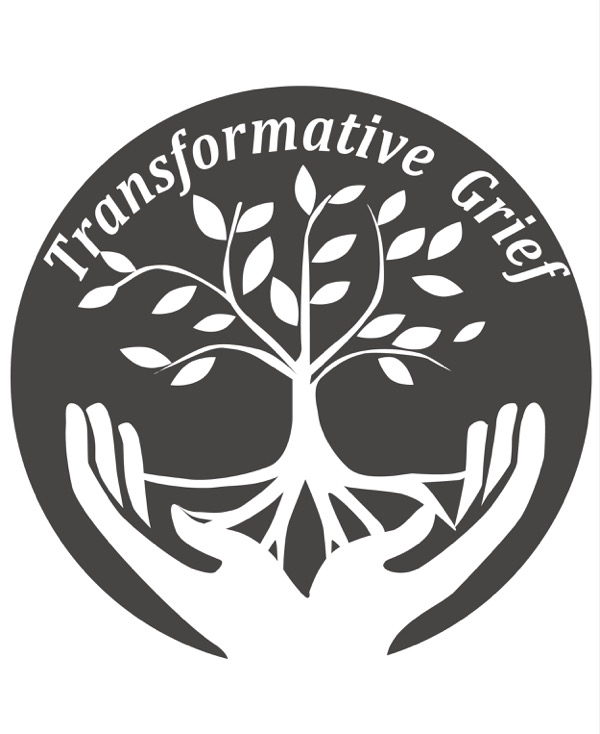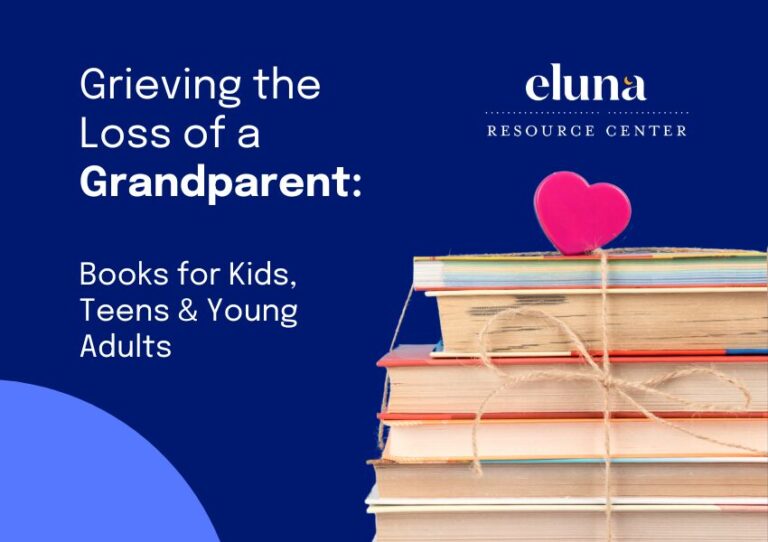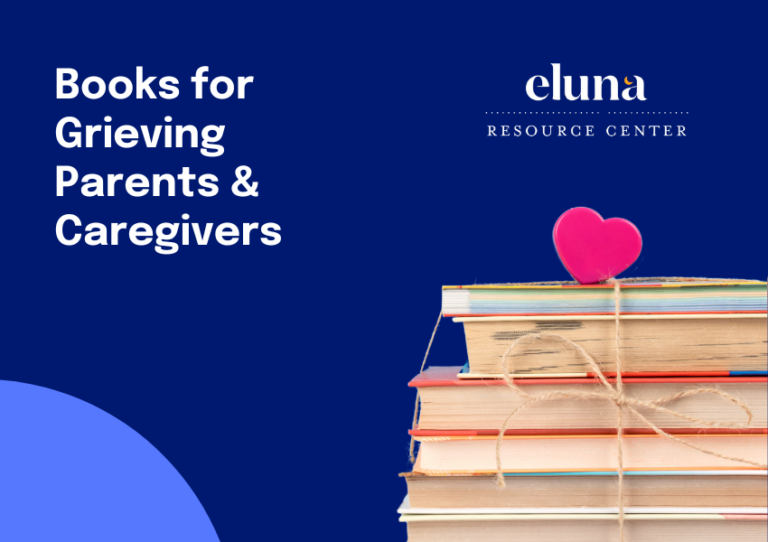Give Your Child Permission to be Happy: Anticipatory Bereavement Tools
 This article offers insight and strategies to prepare your children for a time when you will no longer be here with them. You will find ways to guide them from beyond with your words, your voice, your stories, your wisdom and your hopes for them.
This article offers insight and strategies to prepare your children for a time when you will no longer be here with them. You will find ways to guide them from beyond with your words, your voice, your stories, your wisdom and your hopes for them.
This is a selfless, loving, brave act…leaving a legacy of wishes, hopes, dreams, and stories for your children. Milestone messages, memory boxes, stuffed animals or pillowcases made from items of your clothing, coping tool boxes, are just some of the strategies to ensure that your children will have what they need to grow through their grief. No one dreams of dying before their children are grown. No parent envisions leaving their children before they reach milestones and become contributing, independent adults. Yet, sadly, tragically, it happens.
Here are some strategies that I recommend: Write letters for milestones such as birthdays, getting a driver’s license, graduations, careers, falling in love, marriage, and becoming a parent.
I will use the example of taking the driver’s test:
- Include a story from your own life experience at that time. I remember when I took my driver’s test. My Dad took me. He lectured me the whole way there…
- Normalize the complex emotions of the experience. I was so nervous. I was worried that I would fail and never get get my license!
- Include teachable moments or any words of wisdom that you wish to share. Driving is a big responsibility. Always focus, no texting and driving, and NEVER drive drunk or impaired!
- End with a positive, supportive statement. You can do it. Be prepared. Take your time. Believe in yourself. I love you! Try and try again!
One of the most important things you can do is give your child permission to be happy. Tell them and/or write them a letter reminding them to laugh, play and love without guilt. Let them know that the best way for them to honor you is to live their life well: to make good choices, to have fun with friends, to work hard in school, to stay involved in what they love, to take good care of themselves, and to ask for help when they need it.
Let your child know that all feelings are okay. It takes great strength and courage to grow through grief. Grief is hard work and there is no formula or timeline that works the same for everyone. Each person will approach, manage and express grief differently.
Help your child create a coping toolbox, which may include:
Tools for expression like a journal, sketchbook, watercolors, scrapbook materials, or clay. We recommend Art with Heart Books.
A list of self-care strategies.
- Recommendations for exercise, (DVD’s, gym membership, boxing classes, track, skating, intramurals, etc.)
- Guided imagery and meditations for relaxation.
- Music for positive distraction, (perhaps a family mix CD)
- Age appropriate books on grief, (as well as a list of recommended books for future phases of life and grief). Find lists here.
- An address book filled with the names and contact information of trusted friends and family identified as good and supportive listeners. Also include the contact information for local resources available to support your child such as Hospice, Al Anon, a therapist, when appropriate a sponsor, a clergy, a beloved teacher, their primary care physician.
- Remember, asking for and receiving help takes great self-awareness and courage. Normalize this idea: your child may have a tutor for academics, a coach for sports, a piano teacher for piano, and now a counselor for growing through difficult times. All of these people are there to help your child grow and develop skills and strategies to be their best.
Other strategies that promote growing through grief and remembering:
- Have quilts, pillowcases, or stuffed animals made out of swatches of your clothing for your child to have for comfort.
- Create a memory box: Ask friends and family to write their favorite memories on paper and put them into the memory box to be read in the future. Decorate the box with photocopied pictures of times shared, a future based family motto, inspiring quotes, prayers, mantras. Include your own memories. Sometimes in families that struggles with addiction, the memories can be painful. Speak to the wishes you had and the hopes you still have for your children. Speak to your best self, the love you have and will forever have for them.
- Reinforce that there was nothing that they did or could have done to cause, to stop, to fix, your illness, or addiction.
- Record a video of you talking about your hopes and dreams for your child as well as stories from your life, favorite memories, music, recipes, traditions, activities and hobbies. If there were struggles due to addiction speak to those with humility, accountability and information that is age appropriate: I love you so much. I am sorry. My illness, my addiction, was stronger than me. I love you. The best thing I ever did was have you. I am sorry that I could not be healthy for you. That I could not be healthy for myself. I am sorry that my illness got the best of me. This is on me. There was nothing that you did or could have done to cause, to stop, to fix, my illness, addiction.
It is completely understandable if you find yourself overwhelmed with the notion of implementing these strategies. What could be harder?
Enlist the help of trusted friends, family members, a social worker, counselor, or sponsor to do this on your behalf. These strategies will provide you and your loved ones some comfort during this most unimaginably painful time and you will leave behind a legacy of love and support.
Follow Transformative Grief on Facebook for daily encouragement.



